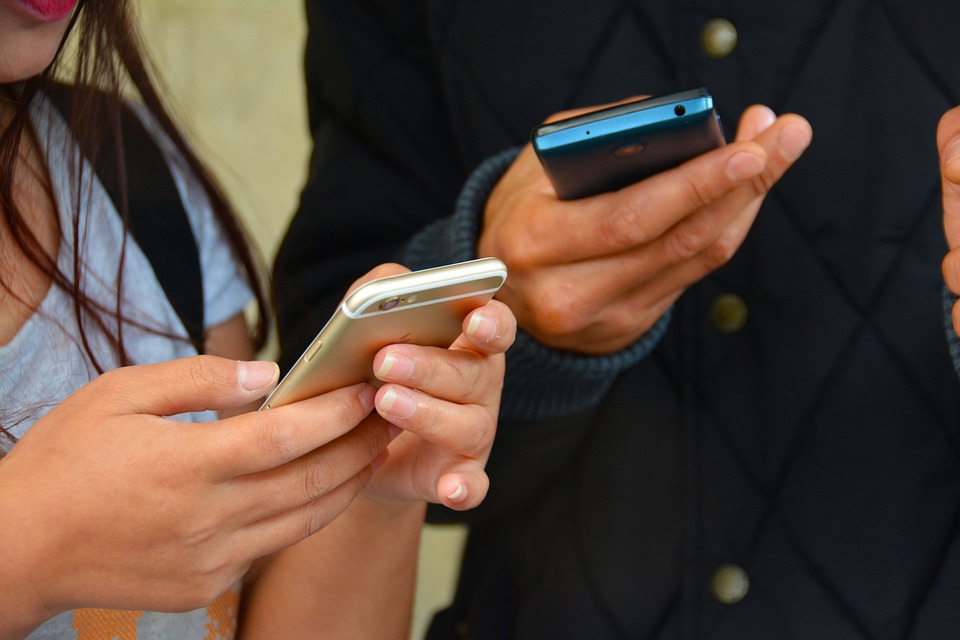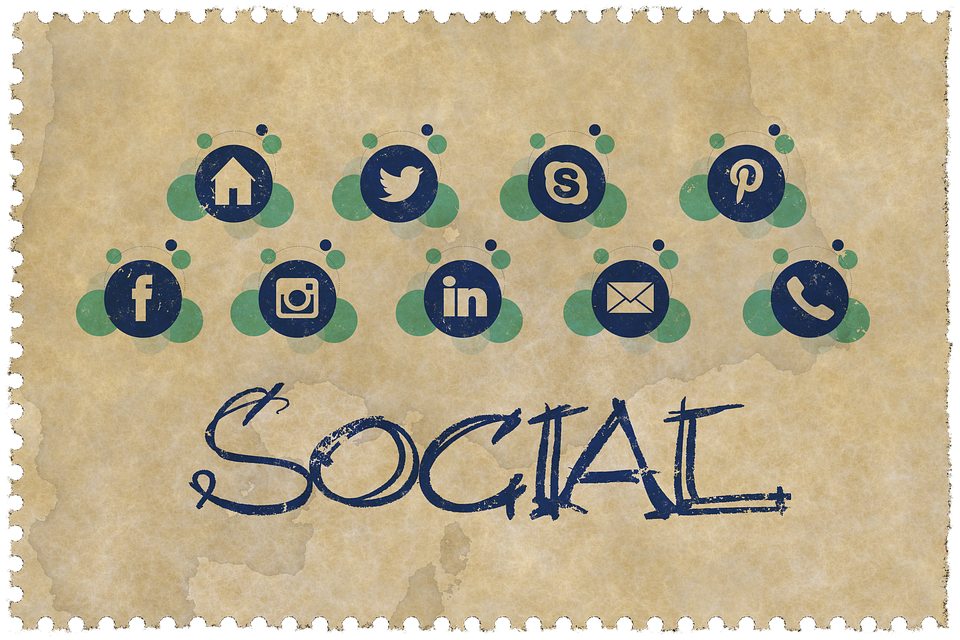Are You a Social Media Addict? You May Be One Without Even Knowing It
Social networking addiction is an umbrella term that is used to refer to an individual who spends too much time using forms of social media like Facebook and Twitter

There are more than two billion social media users worldwide, representing a global rate of around 28% of total digital users.
In India, the documented number of social media users approximate to 168 million users in 2016. Social networking already accounts for 28 percent of all media time spent online, and users aged between 15 and 19 spend at least three hours per day on average using platforms such as Facebook, Twitter and Instagram- across the globe.
And 18% of social media users can’t go a few hours without checking different social media platforms before getting up in the morning.
This is popularly known as FOMO or Fear Of Missing Out – a term for the addictive use of social media.

Source: Flickr
Social networking addiction is an umbrella term that is used to refer to an individual who spends too much time using forms of social media like Facebook and Twitter to such an extent that it interferes with other aspects of daily life, disrupts regular routines and disturbs interpersonal relationships.
There is no official medical recognition of social networking addiction as a disorder. Still, the behaviours associated with the excessive use of social media has become a topic of immediate concern in today’s time. Mental health professionals are increasingly encountering problems related to internet addiction- where internet addiction disorder is recognised as a potential mental health problem in the coming years of the 21st century.
Also Read: Suffering from a Mental Illness? NIMHANS Will Help You – for Just Rs 20!
In most of these cases, the individuals affected feel compelled to perform specific activities so often that they become a harmful habit – which interferes with their normal daily functioning.
Social media addiction is a rising trend in millennials who experience technology in different ways to previous generations. An adult of 45 or under uses an average of four digital devices daily, and smartphone use has increased 90% between 2013 and 2017.
Social media addiction is linked to mental health disorders like depression. Studies have also demonstrated the linkage of excessive social media use and reduction in levels of happiness. Other negative impacts of social media include decreased self-esteem, which often goes hand in hand with eating disorders; anxiety; feelings of insecurity and deterioration in concentration and other symptoms of ADHD.
All these negative impacts are intertwined and connected with one another.

Source: Pixabay
For example, while viewing others lives on social media, we tend to make a note of the contrasts and make comparisons between their (apparently) perfectly presented lives and our life. This leads to lower self-esteem, which in turn increases the risk of depressive symptoms, anxiety and other unhealthy feelings and behaviours.
Another main problem linked to social media usage is cyberbullying, which is more common in the youth with 42% users reporting that they have been victims of cyber-bullying.
What is alarming to see is that hospitals have had admissions with cases of internet addiction and bare minimum intervention to treat the same.
The bane of social media cannot be eradicated by a ban (keeping in mind also the benefits that social media provides). But there can be several measures that can be implemented on an individual and supervisionary level to keep social media usage in check.
These are some of the measures that you can imply to keep social media usage under control:

Source: Pixabay
- You can reach out, offline: By substituting your social media time with interpersonal activities with family members and friends, you can cut back and limit the hours you spend online.
- You could put down your phone and other devices when with others.
- Physically tune up your mind and body: Exercising and meditating can strengthen your muscles and boost a positive mood.
- Don’t compromise on sleep. Sleep is of great importance for a healthy lifestyle and good mental health.
- Unplug and erase: Take social media off your radar by uninstalling apps, removing shortcuts from your home screen and bookmarks from your browser. This makes getting to social media more effortful and a longer process.
- Spread an awareness among children, youth and everyone about the responsible use of social media and internet.
- Monitor social media and internet use for children below the age of 16 years to ensure safety and security.
- Keep family hours of ‘no social media’ to inculcate the culture in your children and spend quality time with family.
- Schools can actively participate in advocating for safer use of internet and making students aware of the ill-effects of social media.
- You can also set firm boundaries by restricting your social media time and get support either from friends and families or local and national organisations (for example- Global Society for Digital Psychology and Responsible Netism in Mumbai) specialising in mental health and measures to keep social media addiction at a distance.
Also Read: Dear Parents, Children Can Get Depressed Too! A Doc Shares All You Need to Know
We can turn around the negative impacts of social media addiction into positive ones and make the usage of social media healthy by subscribing and participating in communities that are supportive and educational, seek out information and insights to know more of the world around you and foster goodwill, empathy and support.
Written by Anoushka Thakkar & Pragya Lodha, The MINDS Foundation, Vadodara (Gujarat)
Like this story? Or have something to share? Write to us: [email protected], or connect with us on Facebook and Twitter.
NEW: Click here to get positive news on WhatsApp!
If you found our stories insightful, informative, or even just enjoyable, we invite you to consider making a voluntary payment to support the work we do at The Better India. Your contribution helps us continue producing quality content that educates, inspires, and drives positive change.
Choose one of the payment options below for your contribution-
By paying for the stories you value, you directly contribute to sustaining our efforts focused on making a difference in the world. Together, let’s ensure that impactful stories continue to be told and shared, enriching lives and communities alike.
Thank you for your support. Here are some frequently asked questions you might find helpful to know why you are contributing?


This story made me
-
97
-
121
-
89
-
167













